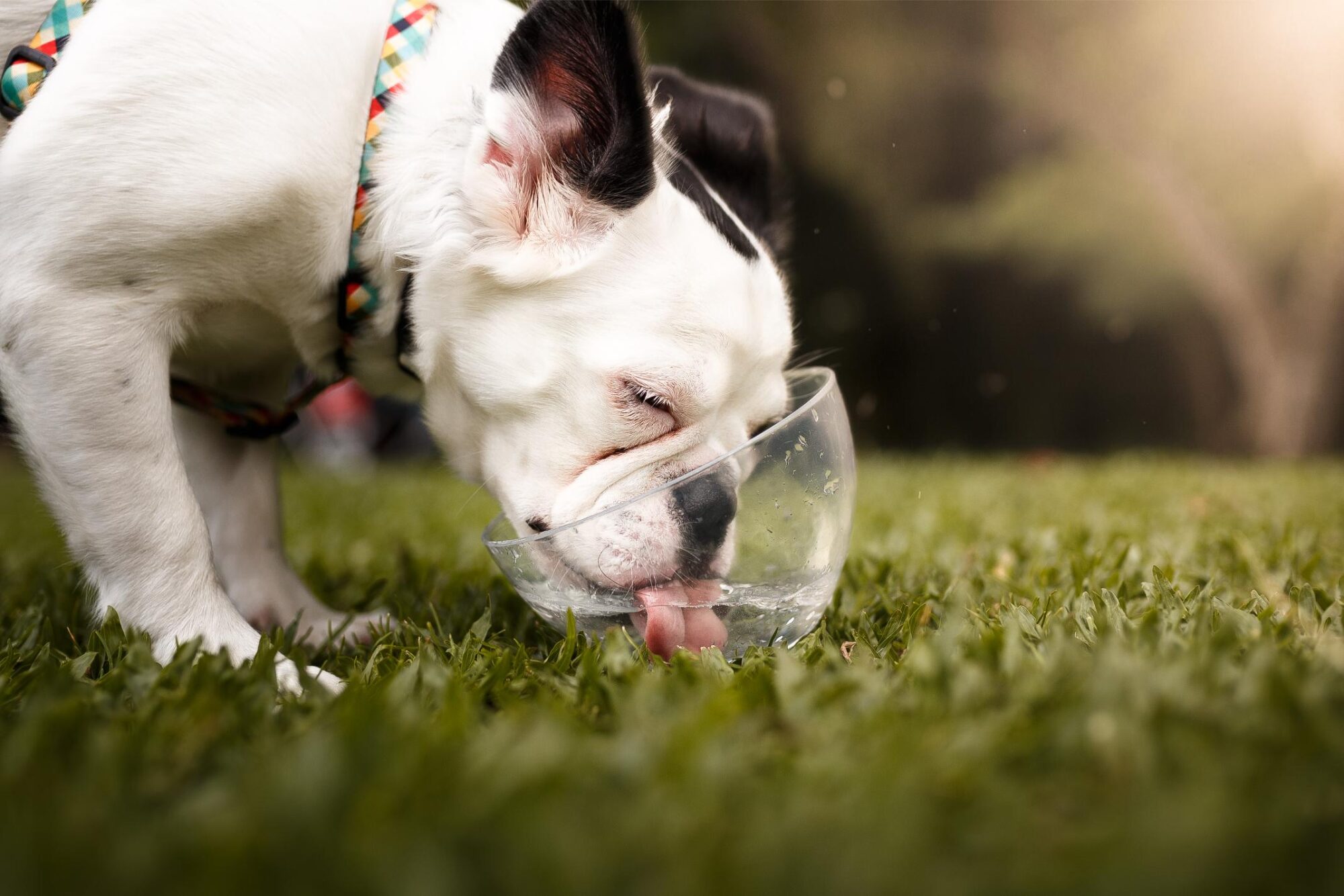Top Summer Health Risks for Pets—and How to Prevent Them

Summer brings warmth and sunshine, but as temperatures rise, pet owners must be vigilant to protect their furry friends from summer pet health issues. In this blog, our team at Broadway Oaks Animal Hospital explores common pet health problems in summer, and offers practical tips on how to prevent them.
Common Summer Dangers for Pets
Most summer pet health issues can be avoided with proactive care. Here are some common pet health problems in summer with some added tips for prevention.
Heatstroke
Heatstroke is one of the most serious summer pet health issues. Signs of heatstroke include excessive panting, drooling, lethargy, vomiting, and collapse.
Prevention Tips:
- Always provide fresh water and shade.
- Avoid exercising your pet during the hottest parts of the day.
- Never leave your pet in a parked car, even for a minute.
- Use cooling mats or vests to help regulate your pet’s body temperature.
Dehydration
Dehydration can quickly become life-threatening. Symptoms include dry gums, sunken eyes, lethargy, and loss of appetite.
Prevention Tips:
- Always keep water bowls clean and filled with fresh water.
- Offer ice cubes or frozen treats to keep your pet hydrated.
- Monitor your pet for signs of dehydration, and consult a vet if needed.
Sunburn
Pets with light-colored or thin coats are susceptible to sunburn, especially on their ears, nose, and belly.
Prevention Tips:
- Apply pet-safe sunscreen to vulnerable areas.
- Limit your pet’s sun exposure, particularly during peak hours.
- Provide shade or protective clothing for pets with sensitive skin.
Paw Burns
Hot pavement and asphalt can severely burn your pet’s paws and may lead to infections.
Prevention Tips:
- Avoid walking your pet on hot surfaces.
- Check pavement temperature with your hand before letting your pet walk on it.
- Use protective booties or paw wax to shield your pet’s paws.
Allergies
Summer often brings an increase in allergens such as pollen, grass, and insect bites.
Prevention Tips:
- Keep pets indoors when allergens are high.
- Regularly clean your pet’s bedding and living area.
- Consult your vet about allergy medications or treatments.
Parasites
Warm weather is prime time for parasites like fleas, ticks, and mosquitoes.
Prevention Tips:
- Use vet-approved parasite preventives.
- Regularly check your pet for signs of parasites.
- Maintain a clean environment to reduce pest attraction.
Water Safety
Swimming can be a great way for pets to cool off or exercise, but it poses risks such as drowning, ear infections, and waterborne illnesses.
Prevention Tips:
- Always supervise your pet around water.
- Ensure your pet wears a life jacket.
- Rinse your pet after swimming to remove chlorine or salt.
Pet Care in Hot Weather
Protecting the well-being of your furry friends during hot weather includes making summer safety for pets a top priority and practicing diligent pet care in hot weather. Please contact our team for more summer health tips for dogs and cats or if it’s time for your pet’s checkup.
